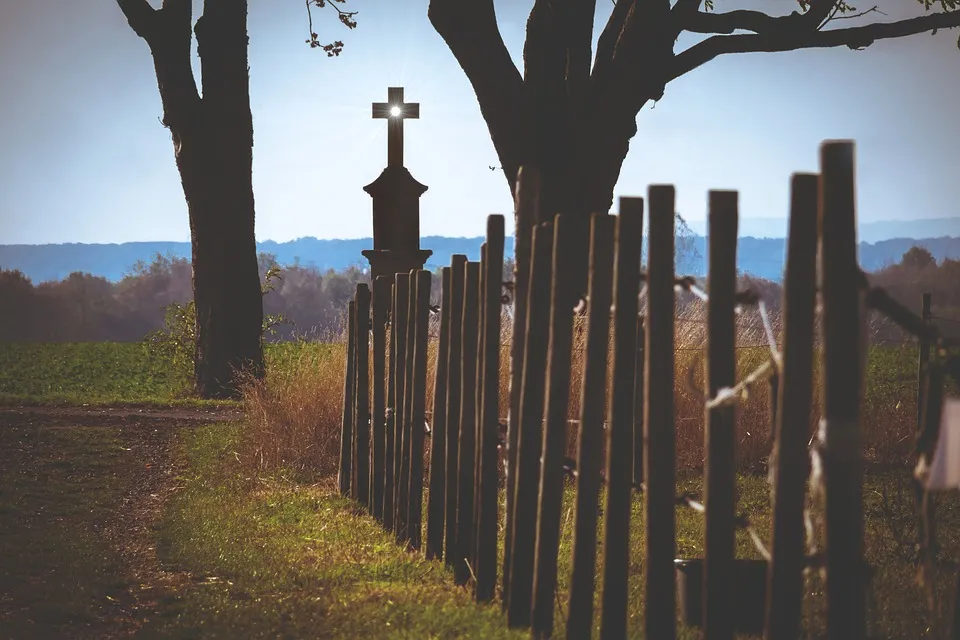
Good day Hivers,
So instead of the usual book review I try to switch it up with more of a 'rant'-type article, based around a single observation that caught my attention in society. Let me know if you like the format (or not), I'm still experimenting with it, so bear with me.
Covid-22?
So it's still Covid-season all around the world, and one can safely assume that 2022 will also be filled with covid-related news, and it will also fill up the Hive-sphere as it has over the past year. It is slowly blotting out any other news that tries to come through, both in traditional (tv/radio/newspapers) and modern (internet) mediums. I recently caught a radio-newsreader who did a large block on covid-related news saying of anything else 'and in other news'.
Which is a shame, because Europe is, due to the policies enacted by its national goverments and supernational instances (mostly EU), descending into an economic crisis worse than that of 2008 in several metrics already (most noticably: inflation).
But I mostly want to talk about how people react to this unending stream of covid-related news, talkshows, and the effects of policy by governments. The pressure has been unending for almost two years now, and you can see (at least I do here in the Netherlands) that many people do not cope well with this barrage of negativity and fear. I wonder how many get a more serious health issue do to the stress of this dysfunctional, uprooted society than due to the actual virus itself (and the controversies surrounding the vaccines, which is a whole other rabbit-hole).
Because there is a problem (or the perception of a problem for the more sceptically inclined), there immediately is a demand for the solution of the crisis. In the case of Covid, the vaccines were quickly pushed towards the spotlight as THE solution to the issue, which had to be developed by the pharmaceutical sector through trials, etc.
Thus the whole endeavour leans on science, which is the lynchpin of this rant. When one looks at Dutch society today, and most of Europe and America as well, one spots a clear trend towards secularism (and atheism) over the past few decades, up to the point where a majority of citizens is non-religious. Apart from what this means for Christianity as an organized religion, I'm more interested in this specific case in what it means for the secularized man (or woman) himself.
Enlightenment-thinking tends to trend towards the secular. The 18th century French Enlightenment thinker Voltaire was quite a militant anti-religous man for his time, and this fed into later atheistic thought-systems like that of Marx and Engels. Along with this secular tendency, the Enlightenment is big on rationalism and empiricism: human reason might be man's best faculty, and can be used for the good of mankind. This good is seen, in part at least, through scientific progress.
This dialectic between scientific progress on the one hand and a narrow-minded religiosity on the other has been a central tenet of Enlightenment thinking for two centuries now: Evolution beats Genesis, and science beats faith because it can be 'proven'.
However, people still have a need for spiritual release, in my experience (and of others as well, doubtlessly). And people will find it in the weirdest places. Interacting with self-described non-religious people over the past year has led to the following hypothesis on my part:
Trust in the sciences is slowly turning into a faith in itself
The pharmaceutical companies trying to develop a remedy are praised like saints in the newly-ordained pantheon of Science. It reminds one of the Temples of Reason that were founded as a replacement of Christianity in late-18th century Revolutionary France.
Let's simply say that I'm sceptical of putting your trust in billion-dollar pharmaceutical companies that by now have a pretty dismal track-record in the Covid-area: first one vaccine would be sufficient. Then it became two. Here in the Netherlands they are now pushing for three, threatening that your access to society will end if you don't take it as well. And slowly but surely, I've seen the first mentioned of a possible fourth one. For those that pay attention, the moving of the goalposts is happening as we speak. And Pfizer, AstraZeneca et al. are laughing all the way to the bank in the meantime.
This is not meant as a put-down of non-religous people, but I am somewhat worried that their lack of a spiritual anchor in any way is messing with their heads a lot in these times, that are definitely hard on some people. Hard times are also a test of faith for Christians (and I suppose for other faiths too), but it also guarantees the promise of a better future. And this is something that is missing in the secular sphere at the moment, where society is turning more bleak and controlled by the day.
I'd like to know your thoughts on the matter, dear reader. I hope you've enjoyed reading, and I'll see you all in a next article or rant. Because I doubt these will be the last words written on Covid-related issues, unfortunately. I'm Covid-tired at this point. Until the next one,
-Pieter Nijmeijer
(Top image from here)